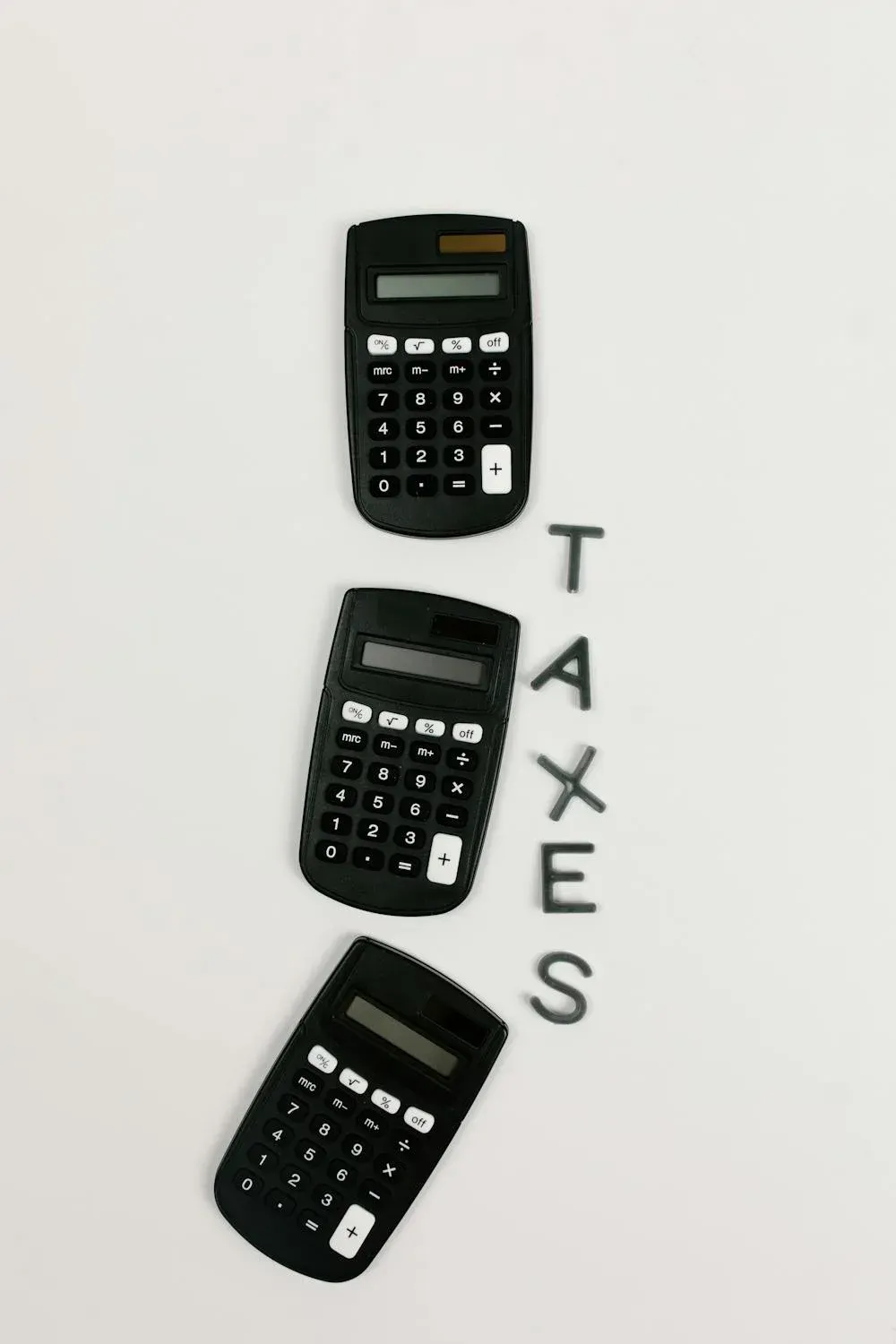3 Minutes - Article
Do you need to file? If you’ve started earning money, you most likely need to file taxes. Check your income to see if you meet the filing requirements.
Step 1: Collect your documents-
- T4 or T4A forms: These show what you earned and what taxes have already been taken out if you’re employed.
- Bank Statement: If you have other sources of income, like freelance work or investments, keep track of those too.
- Education Expenses: If you’re in school, you might be eligible for the Canada Training Credit or other education-related credits.
- Ask your school if you should receive a T2202 Certificate. This will be helpful to include in your taxes.
Step 2: Look for your deductions and credits-
- Basic Personal Amount: Every Canadian gets a basic tax credit, which lowers your taxable income.
- Education and Tuition credits: If you’re a student, you could claim credits for tuition and other education-related expenses.
- GST/HST Credit: If you qualify, this can give you a rebate on the Goods and Services Tax (GST) you’ve paid.
Step 3: How to file-
- DIY: Use online tools like TurboTax or SimpleTax to file your taxes. They walk you through the process step by step.
- Get help: If you’re not sure, you can visit a tax professional or ask someone who’s done it before.
Step 4: Remember the deadline: The deadline for filing taxes in Canada is usually April 30th. If you miss it, you might face penalties and interest on any taxes you owe.
If you need more time, you can apply for an extension, but you still need to pay by the deadline.
Step 5: Stay organized- Keep track of your earnings, expenses, and any credits you might be eligible for throughout the year. It’ll make next year’s taxes much easier.
By staying organized and knowing what to expect, you’ll tackle tax season in Alberta like a pro!
Step 6: Use your refund wisely- If you get a refund, consider putting it into savings, paying down debt, or investing in your future.
